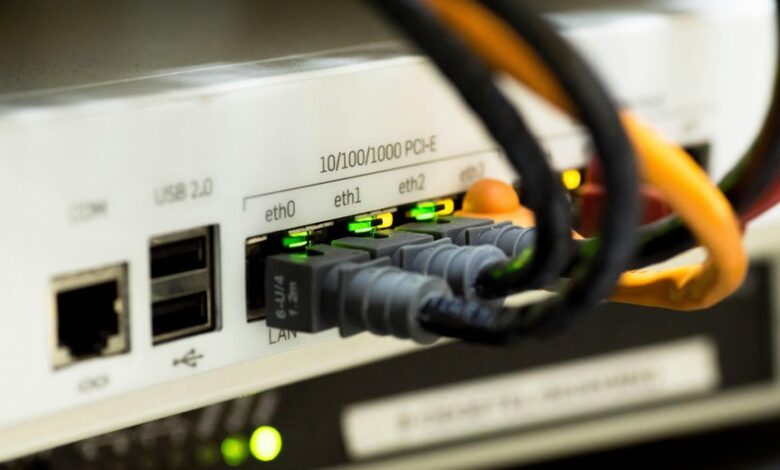Telecom Infrastructure & System Management Unit 8175410088 8055902250 8442363525 61292965696 9189216770 2816230723

The Telecom Infrastructure & System Management Unit acts as the backbone of efficient operations, ensuring everything runs smoothly. By utilizing key contact numbers like 8175410088 and 8055902250, you can swiftly address any disruptions. Understanding the challenges this unit faces and how it adapts to emerging trends is essential for maintaining optimal performance. What strategies are they employing to stay ahead in this rapidly evolving landscape?
Role of the Telecom Infrastructure & System Management Unit
While the telecom industry rapidly evolves, the Telecom Infrastructure & System Management Unit plays a crucial role in ensuring seamless operations and optimal performance.
You’ll leverage telecom optimization strategies to maximize resource utilization, while implementing network reliability enhancements to mitigate downtime.
This proactive approach guarantees efficient service delivery, empowering you to maintain competitive advantage and meet user demands, ultimately fostering freedom in connectivity.
Key Contact Numbers and Their Importance
Effective communication within the Telecom Infrastructure & System Management Unit hinges on having key contact numbers readily accessible.
You’ll find that contact accessibility is crucial for efficient operations and swift emergency response. When issues arise, knowing whom to reach out to can minimize downtime and enhance system reliability.
Prioritizing these numbers fosters a responsive environment, ensuring that every challenge is addressed promptly and effectively.
Challenges Faced by Telecom Infrastructure
As the demand for robust telecom services continues to grow, you’ll encounter several challenges that can impede infrastructure performance.
Network reliability is crucial, yet maintaining it often leads to increased maintenance costs. Aging equipment, fluctuating demand, and the need for advanced technology can strain resources.
Addressing these issues is essential to ensure seamless service delivery and ultimately meet customer expectations effectively.
Future Trends in Telecom Infrastructure Management
The evolving landscape of telecom infrastructure management is increasingly shaped by technological advancements and changing consumer demands.
You’ll see trends like 5G deployment, network virtualization, and cloud integration enhancing connectivity.
Predictive analytics and AI applications will optimize operations, while automation solutions and IoT integration improve efficiency.
Sustainability practices and robust cybersecurity measures will also play crucial roles, ensuring a resilient and future-ready telecom environment.
Conclusion
In conclusion, the Telecom Infrastructure & System Management Unit’s pivotal presence powers performance and promotes productivity. By prioritizing prompt communication through key contact numbers, you can swiftly tackle technical troubles and transform challenges into triumphs. As the telecom terrain evolves, embracing emerging technologies will be essential for sustaining superior service and securing a strategic stance in the competitive landscape. Ultimately, proactive planning and precise management will pave the path toward a robust and resilient telecom future.



